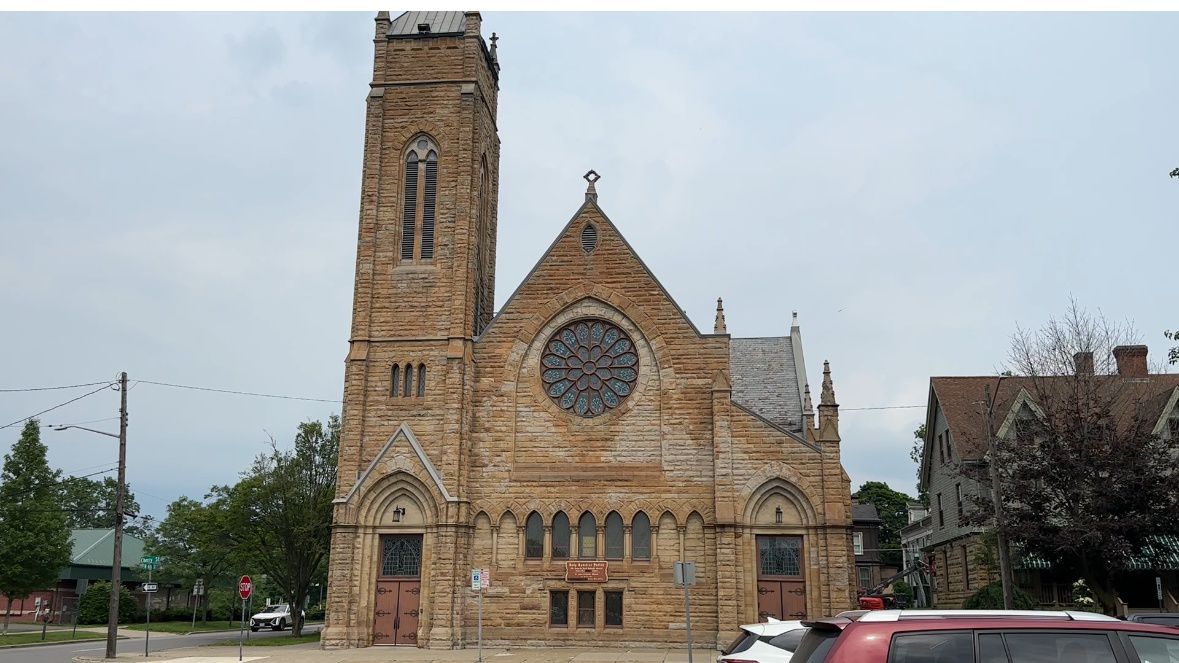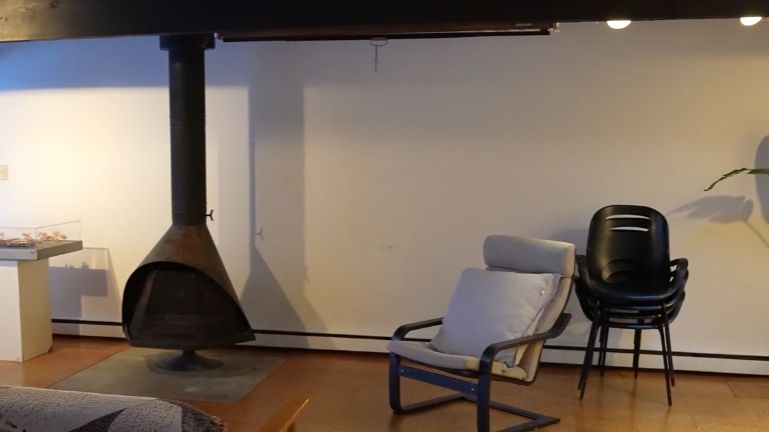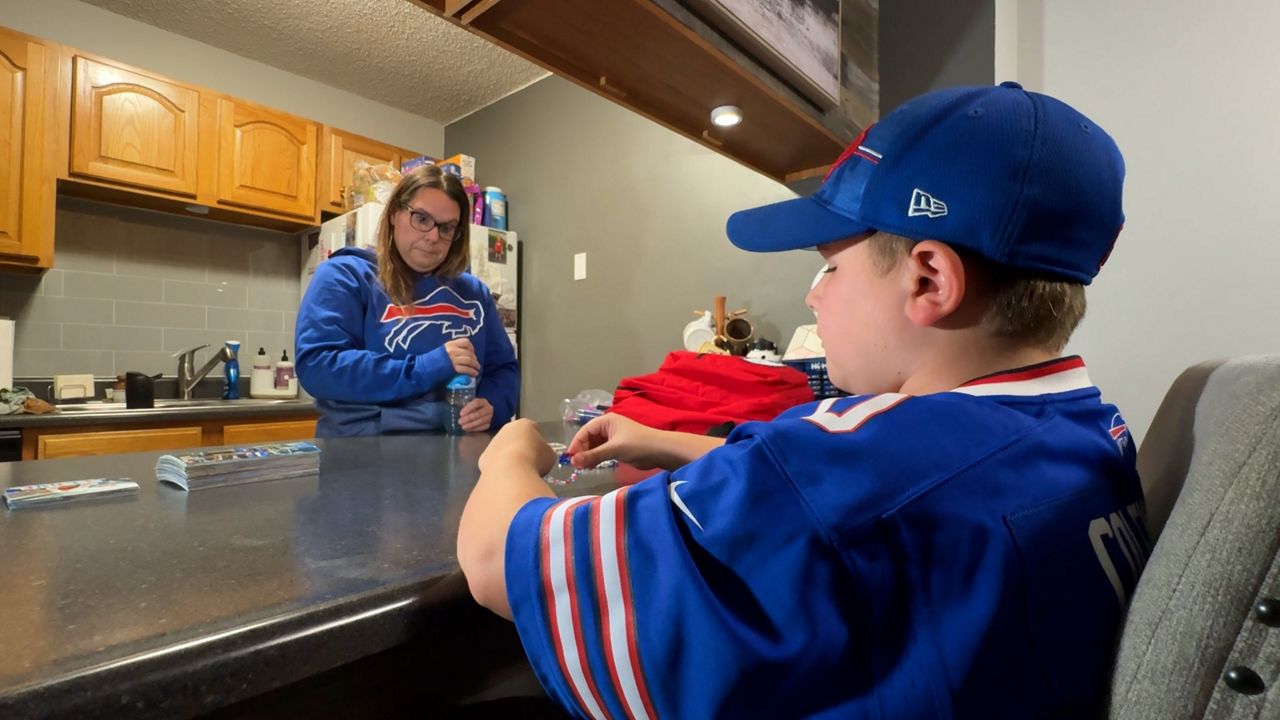BUFFALO, N.Y. — Access to finding the right medical care can be something easily taken for granted.
“People that are more marginalized or where the care is more stigmatized have more trouble finding doctors and other clinicians who are sensitive to their needs and willing to take care of them,” said Dr. Elana Tal, a clinical assistant professor of OBGYN at the University at Buffalo’s Jacobs School of Medicine.
That began the idea to create a website with a list of gender affirming health care providers from things like psychiatric support, to surgical and hormonal support.
“There was another physician in Buffalo who provides transgender care and was looking to connect with other providers of transgender care and so did a simple Google search and found it was really challenging to find out who was providing this care in Buffalo, especially affiliated with the medical school,” said Dr. Tal.
With the help of medical students like Zoe and Madison.
“I came in thinking that there would’ve already been a working group, working on gender affirming care initiatives and already sort of robust research and when I didn’t find that I was like okay lets try and make it happen,” said Zoe Arditi, a medical student at the University at Buffalo.
“We were all part of the team doing the same thing, reaching out to providers, building the network, trying to talk to people in the community,” said another student in the medical school, Madison Clague.
According to research published in the National Library of Medicine, LGBTQ+ individuals face a wide array of health disparities both within and separate from the health care system such as micro aggressions, misgendering, and harassment from providers.
“To help people access this care and to make it easier to identify people who don’t stigmatize, who don’t judge, and are willing to provide the full spectrum of gender care is important to help break down barriers for this generation and future generations,” Dr. Tal said.
Something students have an important role in.
“As students we’re building the next phase of health care,” said Clague. “I think it’s really important to push against norms sometimes and say hey, we think that this could be better; we’ve seen X, Y and Z from our peers.”
Giving students a larger role in the care of this generation and the next.
“I think the more that we put out there, advertising resources and just creating these references for people I think the more feedback we get it shows that there is an interest and there is a demand for it,” said Kelly Stahovic, president of the University at Buffalo OUTPATIENT organization, which supports LGBTQ students and gives them a safe space.
“There's just so much strength in these marginalized communities and so drawing that strength from other people and using that honestly as a motivation to keep going,” said Arditi.









